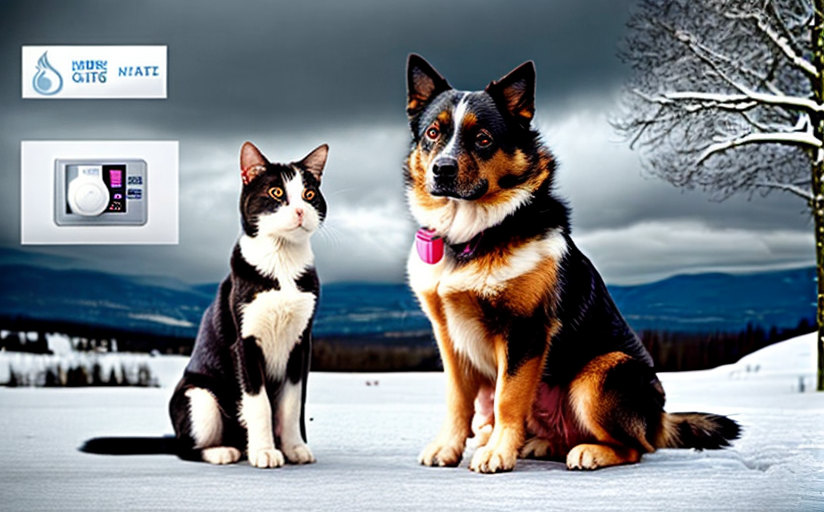Climate Change and Its Impacts on Domestic Pets
Climate change is a global phenomenon with wide-reaching impacts on various aspects of life. One area that is gradually drawing attention is its potential effect on the lifespan of domestic pets. Research is beginning to unfold the extent to which changes in global climate could influence the health and life expectancy of household pets like dogs, cats, birds, etc. Factors that to take into consideration include temperature variations, changes in dietary availability, and increased exposure to pests and diseases induced by climate shifts.
Temperature Variations
One significant effect of climate change is the resulting temperature variations, which include heatwaves in some places and too chilly temperatures in others. Such temperature fluctuations can lead to a host of health challenges in pets. For domestic animals like dogs and cats that typically spend time outdoors, the most immediate worry is extreme weather conditions. Recent studies suggest that exposure to excessive heat can increase the risk of heat strokes, dehydration, and other heat-related illnesses in pets.
Dietary Changes
Climate change can also affect food supply chains, impacting the availability and quality of pet foods. As Bloom and Fawcett (2013) point out, rising CO2 levels can decrease the protein content in plants, indirectly affecting the nutritional value of pet food containing plant materials. This could potentially impact the overall health and lifespan of pets.
Infection and Disease Threats
Changes in climate have also been associated with an increase in the spread of pests and vector-borne diseases. Milder winters, for instance, may contribute to an increase in ticks and mosquitos. These pests can carry harmful parasites and diseases, such as Lyme disease and Heartworms, imposing health threats to pets.
Potential Solutions
While the effects of climate change on pets are concerning, several steps can be taken to mitigate these impacts. For temperature-related concerns, providing pets with adequate shelter and fresh water is essential. Regularly updating pets' vaccinations can help protect them from new and emerging diseases. Finally, monitoring changes in diet and ensuring pets receive all necessary nutrients can help offset potential nutritional deficits.
Climate change is a multi-faceted challenge that poses various threats to our pets' health and lifespan. However, through awareness, preparedness, and adaptability, pet owners can help safeguard their beloved companions in this changing climate.




















Comments
Leave a Comment